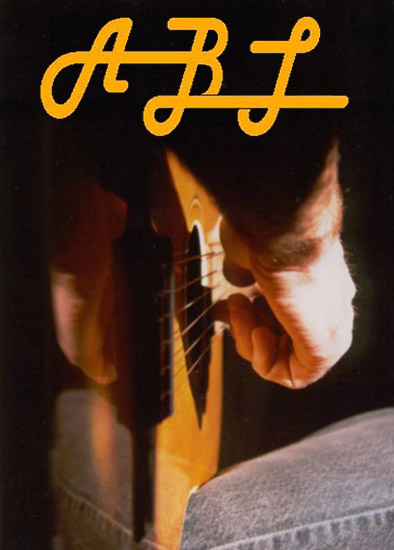|
Column Archive |
||
August, 2010 |
"What a Difference a Word Makes" |
by Webmaster |
|
I come from a corporate computer background. We wrote design specifications. Then we went through a public-humiliation process called a "walk-through." People who knew the business would meet with us to review our specs and tell us what was wrong with them. We'd go back to our desks, rewrite the specs, and have another walk-through. We'd repeat this process until we got it right. Then we'd write code for the program. And have another walk-through with technical people. Repeat as needed. They called it an ego-less environment. We had to check our egos at the door and accept that the criticism was constructive. The earlier in the process we caught errors, the more likely it was that we would create a good product (eg. programs that did what they were supposed to do) by the deadline mandated by company policy or, sometimes, by law. I spent over 30 years in that environment. I came to think of the process as putting together a team that would help me do the best job I could. And, when I tried to minimize the errors that would be found in the walk-throughs, I became better at my job. Now I write songs. I ask for feedback, both good and bad, from my friends and fellow-songwriters. I even host a low-key songwriters circle so I can ask people to give me feedback on my songs. It's part of the editing process: see what works and keep it; find what doesn't work and fix it or get rid of it. When I write a song, it makes sense to me. I have no trouble filling in the missing details. That doesn't mean that other people will be able to fill in what's missing. I like to fix things: computer programs, web sites, antique furniture, my own songs. I was in the studio with some friends who are musicians. We were recording one of my songs and I stopped the process to ask for feedback on one word in the song. The lead singer said, "What difference does it make?" I said, "It might be the difference between a B-list song and an A-list song." He's written songs, but I don't think he got that distinction. A friend of mine who is not a musician or writer recently wrote a poem to honor three of her friends. She could relate with me worrying over every word in a song. She found herself doing the same thing: questioning words, trying out different words to see what sounds best. Words have literal meanings and meanings that ride along with them: denotation and connotation. "I didn't do that" and "I couldn't do that" both mean that a specific task did not get done at a specific time. But "didn't" and "couldn't" are really different words. "I did not do it by choice or omission (this time)" vs. "I'm incapable of doing it (ever)" or "I was unable to do it (at that time)."
I'm rewriting a song at the request of a pitchman in Nashville. I found myself wrestling with "didn't" and "couldn't" last night, along with other words: "see" or "breathe", "the," "a" or "my". What difference does it make? Well, it makes a difference in how understandable and believable the story in the song is to the listener, and how the listener responds to the singer-character. It makes a difference in whether or not the song is cohesive and consistent and complete. And in this case, it might make the difference in whether or not the song sells.
It's been a frustrating process. I was thrilled when I got postive feedback on my song last spring. I was disappointed it wasn't good enough, yet. But I took the list of suggestions, considered the validity of each one, and found my own solution. I sent the revised song lyrics back and recieved good feedback. We revised the song and sent it off. I thought I was on my way. Imagine my disappointment when I got another list of suggestions. But, this list was shorter! This is where my experience in corporate America kicked in. "Aha!" I thought. "This is the walk-through process at work again. We're making progress." Last night's revision was a result of a third (even shorter) set of suggestions. Guess what? I think I made a break-through. I did some changes to the song that weren't suggested and I think I took it to a higher plane. I think maybe I took it from an A-list song to an A+ song. My co-writers seem to think I did. So, I sent the new lyrics to Nashville. I'm waiting for feedback. And, I'm making plans to go back into the studio to re-record the vocal. It's not frustrating. It's fun and exciting! I hope it's turning me into a better songwriter. Thanks for visiting AcousticByLines. |
|||
| TOP | |||

